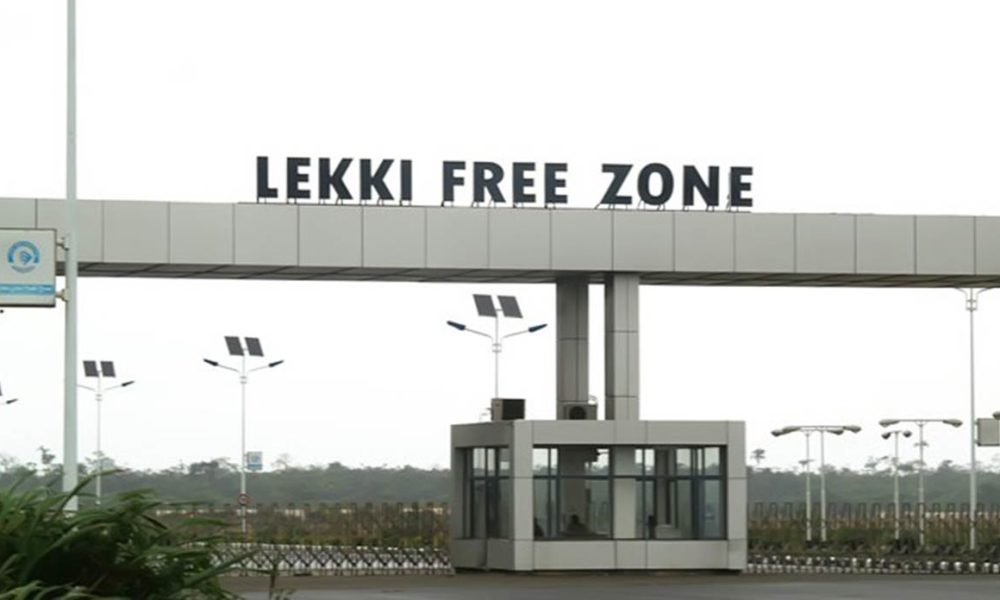Investment
Lagos Free Zone Target $3.5B Investment and 35 Percent Development Rate by 2024

Nigeria’s first private-owned free trade zone project plans to hit $3.5 billion in investment by 2024. According to the management team of Lagos Free Zone trade, over $2 billion has been invested into Nigeria’s economy through LFT projects.
Mr.Dinesh Rathi, the Managing Director and CEO of Lagos Free Zone (LFZ) during a media parley disclosed that over 30 percent of Lagos free zone has been developed and plans are in place to achieve a 35 percent development rate by 2024.
He said, “we believe that with the African Continental Free Trade Agreement (AfCFTA) with a market of over 1.2 billion people, Nigeria is the best place to set up investment due to its large population. We are very optimistic going forward”.
Rathi affirmed that the objective and goal of Lagos Free Zone is to strengthen Nigeria to become the preferred industrial hub in West Africa with world-class infrastructure, facilities and services.
He further asserted that Lagos free zone is open to business and has readily available infrastructure such as warehouse standard factory, police station, truck park, compressed natural gas, medical facility, residential apartments and retail banks.
“We understand how important the project is for the Nigerian economy and the country needs more projects to unleash its potential. With the Lekki port completion, the real benefit of what we have been building, in the next five years, will put Ibeju-Lekki as one of the communities contributing largely to the gross domestic product (GDP) of the economy,” he added.
The MD/CEO stated the benefits of Lagos Free Zone, he said operating in the zone guarantees zero federal, state and local government taxes, levies and rates, zero import duties applicable on goods imported from outside the country, up to 100 percent finished goods may be exported into Nigeria Customs Territory on the payment of appropriate duties along with a valid license.
Other benefits include remittances of profits and dividends earned by investors in the zone without payment of withholding tax, no import or export license required; no expatriate quota applicable and a 100 percent ownership of business allowed in the zone.
“There is also a 100 percent repatriation of capital investment in the zone at any time capital appreciation of the investment,” he added.